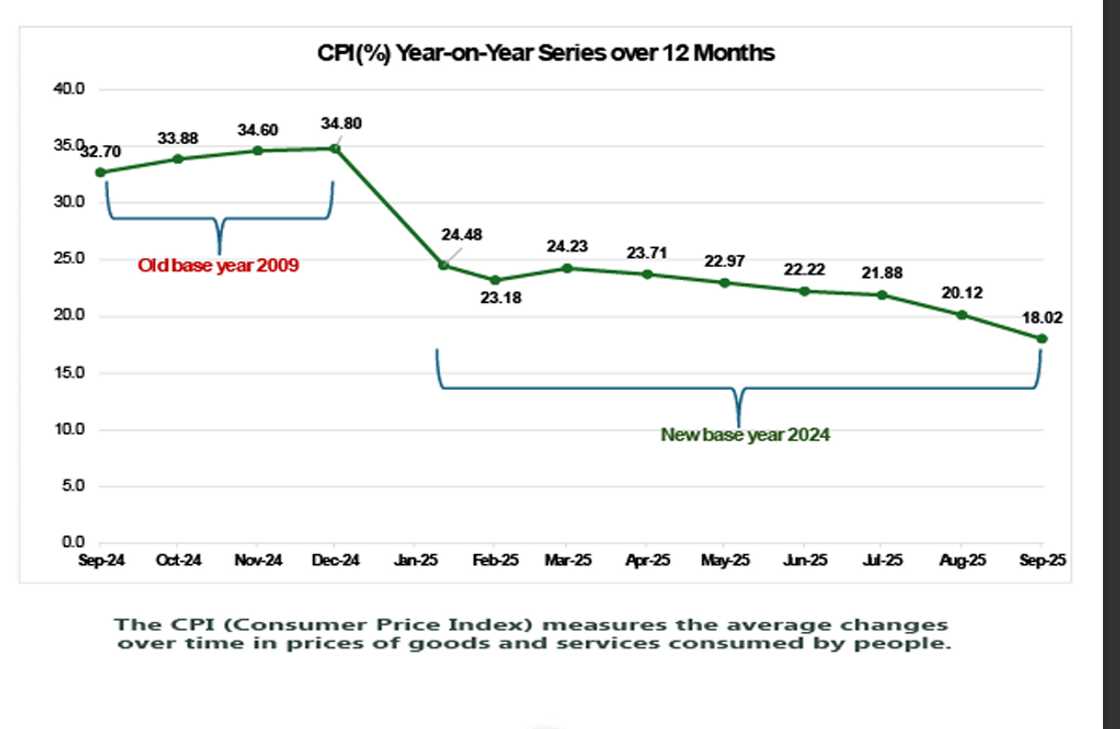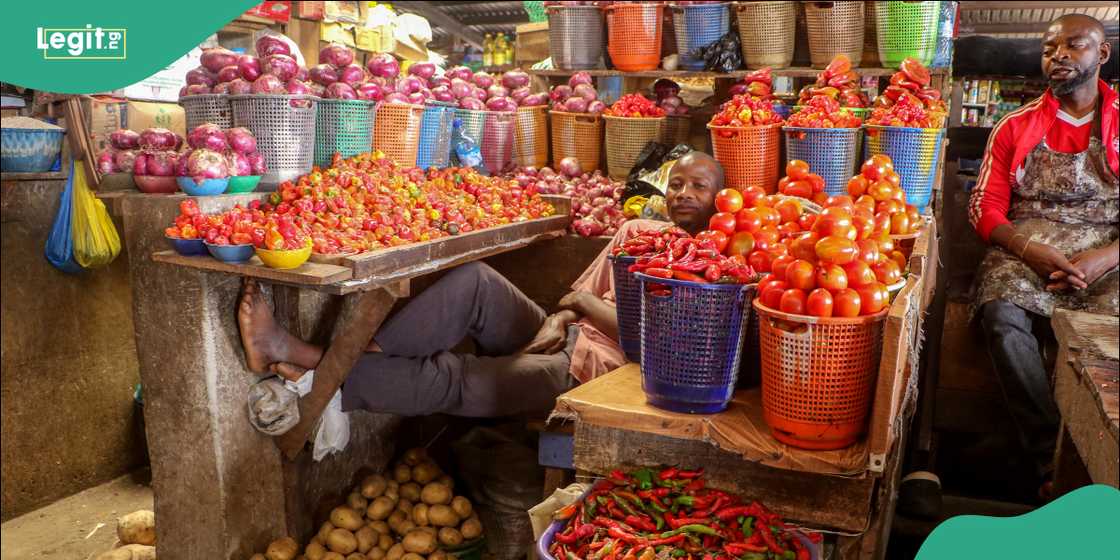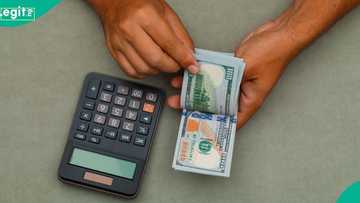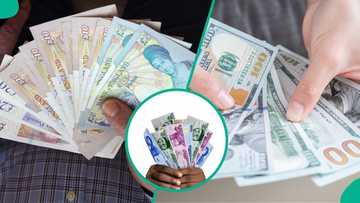Inflation Rate Drops to 18%, Food More Affordable in 10 States
- The National Bureau of Statistics (NBS) revealed that Nigeria’s inflation rate continued its downward trend in September
- Data from the NBS showed that both headline and food inflation rates eased year-on-year and month-on-month
- Headline inflation was the lowest in Anambra, Niger, and Bauchi states, while food inflation was the lowest in Bauchi, Niger, and Anambra
Legit.ng journalist Dave Ibemere brings over a decade of experience in business journalism, with deep expertise in the Nigerian economy, financial markets, and stock trends.
The National Bureau of Statistics (NBS) has reported that Nigeria’s headline inflation rate eased to 18.02% in September 2025, marking a 2.1 percentage point decline from 20.12% recorded in August 2025.

Source: Facebook
Data from the latest Consumer Price Index (CPI) report for September showed that both headline and food inflation rates fell year-on-year and month-on-month.
Inflation is when the cost of goods and services rises. In September, prices continued to increase, but at a slower pace than in previous months. Indicating that it is becoming more affordable.

Read also
Nigeria’s naira wobbles as FG secures $2.35 billion eurobond after massive 400% oversubscription
Inflation numbers
On a year-on-year basis, headline inflation was 14.68 percentage points lower than the 32.70% recorded in September 2024, indicating a significant moderation compared to the same period last year.
On a month-on-month basis, headline inflation stood at 0.72%, slightly below 0.74% recorded in August 2025, showing that the rate of increase in average prices slowed during the month.
Food Inflation
The food inflation rate in September 2025 was 16.87% (year-on-year), representing a 20.9 percentage point decline from 37.77% in September 2024.
- Year-on-year: 16.87% (September 2025) vs 37.77% (September 2024)
- Month-on-month: -1.57%, down from 1.65% recorded in August 2025
According to the NBS, the decline in food inflation in September was driven by lower prices of key staples, including maize, garri, beans, millet, potatoes, onions, eggs, tomatoes, and fresh pepper.
The average annual food inflation rate for the twelve months ending September 2025 stood at 24.06%, down by 13.47 percentage points from 37.53% in September 2024.
Core Inflation
The Core Inflation rate, which excludes volatile agricultural produce and energy, stood at 19.53% in September 2025 (year-on-year), a 7.9 percentage point decrease from 27.43% in September 2024.
On a month-on-month basis, core inflation was 1.42%, slightly below the 1.43% recorded in August 2025.
The average twelve-month annual core inflation rate was 22.39% for the period ending September 2025, compared to 25.64% in September 2024, a 3.25 percentage point decline.
Summary of inflation figures
Headline Inflation by StateState
Highest (year-on-year):
Lowest (year-on-year)
- Anambra – 9.28%
- Niger – 11.79%
- Bauchi – 12.36%
Month-on-month:
- Highest increases: Zamfara (9.36%), Adamawa (8.15%), Nasarawa (7.49%)
- Declines: Niger (-8.14%), Oyo (-5.56%), Bayelsa (-4.61%)

Source: Getty Images
Food Inflation by State
10 states with the Lowest Food Inflation (Year-on-Year):
- Bauchi – 2.81%
- Niger – 8.38%
- Anambra – 8.41%
- Benue – 8.60%
- Akwa Ibom – 9.00%
- Abuja – 11.00%
- Plateau – 11.20%
- Jigawa – 12.10%
- Yobe – 12.80%
- Imo – 12.40%
Expert speaks
Reacting to the latest inflation figure, Muda Yusuf, the CEO of the Centre for the Promotion of Private Enterprise (CPPE), told Legit.ng that the sustained disinflation trend is a welcome development and a sign of improving macroeconomic fundamentals, but stressed that the cost of living remains high.
He noted:
"The cost-of-living crisis remains acute, particularly for low- and middle-income households. The next phase of reform must therefore prioritize welfare-focused and cost-reduction measures that deliver tangible relief to citizens. Business confidence is rising, but consumer confidence remains fragile.
"Policies that enhance productivity, stabilize prices, and reduce the structural cost of doing business will not only strengthen the disinflation trajectory but also foster inclusive and sustainable economic recovery. With consistency, coordination, and structural reforms, Nigeria can achieve a stable single-digit inflation rate over the medium term anchoring growth, improving welfare, and restoring confidence in the economy."
Tinubu gives order to crash food prices
Earlier, Legit.ng reported that President Bola Tinubu issued a directive to the Federal Executive Council (FEC) to take urgent steps to reduce food prices nationwide.
He wanted the FEC to focus on ensuring the safe movement of farm produce across transport routes.
The order was disclosed by Aliyu Sabi Abdullahi, minister of state for agriculture and food security, at a one-day capacity-building workshop.
Don't miss out! Join Legit.ng's Sports News channel on WhatsApp now!
Proofreading by Funmilayo Aremu, copy editor at Legit.ng.
Source: Legit.ng





